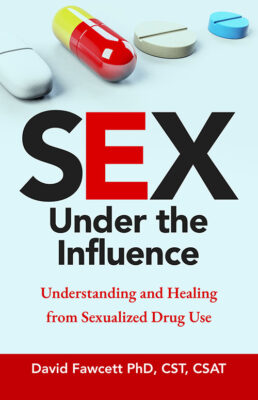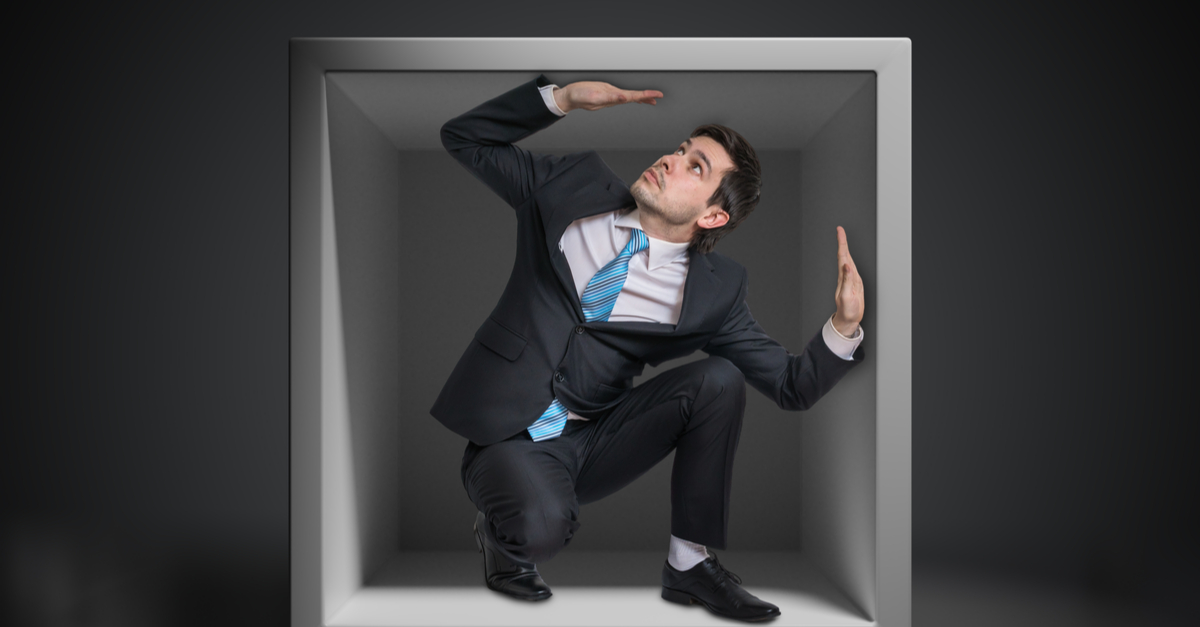Substance/Sex Addiction: Essential Tasks in Early Recovery – Managing Triggers
 Dr. David Fawcett
Dr. David Fawcett
If you engage in sexualized drug use, it is important to address and stabilize any acute situations you may be experiencing. You must make sure you are safe and that your health and life are not at risk. This may mean going to the doctor for a physical or the ER if you are having a medical emergency. It might also mean getting into residential or intensive outpatient treatment if you can’t stop using or acting out. If your substance of choice is a stimulant drug, you may experience paranoia and other psychotic symptoms that require assessment and stabilization.
In addition to the obvious and immediate measures, you should:
- Engage in self-care.
- Learn to manage triggers and cravings.
- Learn to regulate your emotions without engaging in your addiction.
- Build a support network.
Managing Triggers and Cravings
In this post, I will discuss the second step in recovering from paired substance/sex addiction: managing drug and sex triggers and craving.
To begin, you must develop a comprehensive list of potential triggers. It is even more helpful to identify which situations have been the most triggering recently. This will give you some concrete material around which to start building a plan. As more triggers come to mind, they should be added to your list. Basic ways to deal with triggers and cravings include:
- Avoid: The most direct way to manage cravings in early recovery is to avoid triggers altogether if possible. Sometimes this is easier said than done, as many unavoidable things in life can trigger you to want to use and act out. The most common are people, places, things, situations, and times of day, although almost anything can be a trigger, from songs to smells to body sensations. Underneath many of these external triggers are internal emotional, mental, and psychological states that can drive you to compulsively seek out drugs and sex. If you become triggered, it is imperative for you to be able to identify what is happening and take action as soon as possible. When triggered, you may start to feel like you are in a bubble. The world disappears, you become hyper-focused, and your heartbeat increases. You may also feel clammy and start engaging in ritualistic substance/sex behaviors. It is essential to identify the thoughts, emotions, behaviors, and body sensations that you experience both before and when you are triggered.
- Distract: If you can’t avoid a trigger altogether, it is useful to employ distracting techniques. You can distract yourself by doing something physical such as taking a walk, getting exercise, or doing some deep breathing. If you are in a situation that is increasing your feelings of craving,
 then you should leave and go somewhere safe. Eat something, drink something, do something—anything that will assist you in shifting that energy of craving. Different methods of distraction and tension release will work for different people. Find out what works for you.
then you should leave and go somewhere safe. Eat something, drink something, do something—anything that will assist you in shifting that energy of craving. Different methods of distraction and tension release will work for different people. Find out what works for you. - Share: Another effective way of dealing with a craving is to talk with somebody about it while it’s occurring. Don’t wait to reach out. Calling someone and talking can not only distract you from the craving, it can reduce the feelings of anxiety and vulnerability that may accompany the craving. Who are five people you can call when you are triggered? Once you have a list of people you can call, practice using the phone ahead of time, especially when you’re having a good day. Nurturing these supportive relationships will not only make it easier for you to pick up the phone when you are feeling triggered, it will help alleviate feelings of loneliness and disconnection that lead you to want to use and sexually act out in the first place.
- Ride the Wave: Riding the wave is another way of dealing with triggers and cravings. Riding the wave involves allowing the trigger or craving to occur, peak, and pass. Instead of fighting it or giving in to the thoughts or drive to use, just sit with it. This means paying attention to the experience of being triggered and craving. Identify specifically where in your body you are experiencing this. What does it feel like, how strong is it, and how does it move or change? Having a mindfulness practice in place ahead of time is very helpful in enacting this strategy.
- Beware of Euphoric Recall: One of the things that can lead to or strengthen a craving is to engage in euphoric recall. Euphoric recall occurs when you selectively remember only the pleasurable aspects of addiction. You may start fantasizing about cocaine and sex workers, the rush of taking your first hit with chemsex, or the cascading and dissociative effect of having sex while high on pills or pot. You can pour some cold water on this process by recounting the negative and distressing aspects of your addiction and its aftermath. Basically, you need to tamp down the flames of euphoric recall. Having an index card or a note on your phone listing all the negative consequences of your substance/sex behavior can be helpful in this regard.
- Challenge Automatic Negative Thoughts: It is important to identify some of the automatic thoughts that come to mind when you are triggered so you can challenge those thoughts. For example, you may have a thought that you feel like using, that you will always feel that way, so you might as well do it. You can challenge this thought with self-talk by consciously saying to yourself, “Although I feel like using at the moment, I know this feeling will pass. This thought is not forever, and I will be grateful and relieved that I didn’t act on it.” This can also be done via journaling, which has the effect of slowing down the mind while also providing you with an opportunity to talk yourself out of relapsing.
The foundational element of all these interventions is realizing ahead of time that it is normal to become triggered and to experience craving. Although it is uncomfortable to feel cravings and the desire to act out, reminding yourself in the moment that you can get through it and taking action to help yourself stay sober will greatly diminish the likelihood of your using.
* * * * * * * * * *
If you or a loved one are struggling with sex, porn, or substance/sex addiction, Seeking Integrity can help. In addition to residential rehab, we offer low-cost online workgroups for male sex addicts and male porn addicts new to recovery. Click HERE for information on our Sex Addiction Workgroup. Click HERE for information on our Porn Addiction workgroup.
References
